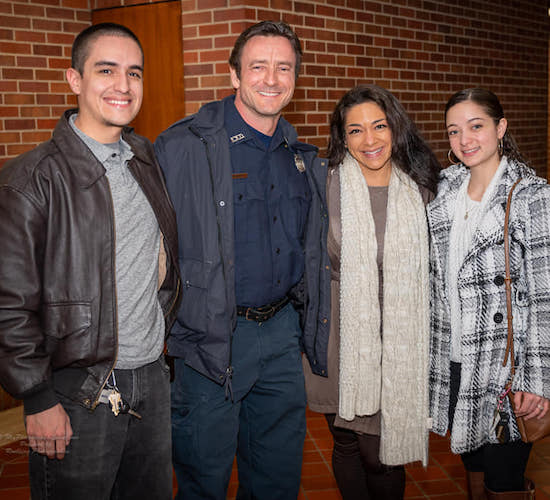Adult Adoption
An adult adoption is exactly as it sounds: when someone adopts another person who is 18 years old or older. Every year I complete a number of adult adoptions.
Sometimes I am asked to help with adult adoptions when a stepparent who raised a child but never adopted him or her decides to complete the adoption after the stepchild turns 18 years old. Other times it can simply be when a person has been a parent figure in someone’s life for a number of years and the kinship parent would like to formally make that person a part of their family.
Adult adoptions are the easiest and quickest adoptions to complete in Indiana because adult adoptions do not require a home study or even a background check. You also don’t need to complete other documents that are typically part of adoptions.
Adult adoptions require a petition to adopt and consent of the person being adopted. Like all adoptions, after the completion of an adult adoption, a new birth certificate will be created.

Second Parent Adoptions
Second parent adoptions are when the biological parent is not married to the adopting parent. In this situation, usually the adopting parent and the biological parent live together with the child in a family setting, but that is not an absolute requirement.
Second parent adoptions will require all the steps of a stepparent adoption with one possible addition. In stepparent adoptions, the court may waive the requirement of the full home study and only require the background checks for the adopting stepparent. It is possible that in a second parent adoption, the full home study will not be waived. However, depending on the county and the judge, if the second parent has been living with the child and biological parent as a family for an extended period of time, the judge may waive the full home study.
International Adoptions
International adoptions are when adopting parents adopt a child born and living in another country. International adoptions used to be a wonderful opportunity because many countries worked together to allow children to find homes through international adoption. Unfortunately, today the number of international adoptions is only a few thousand and the children who are adopted are older and have lived in orphanages longer.
Adoptions Out of Guardianships
Adoptions out of guardianships are simply when guardians decide to adopt their child or ward and make the child a full and permanent part of the family.
Guardianships are often a good way for someone to be able to obtain custody of a child so they can provide for that child’s needs. Sometimes people create guardianships thinking it will only be for a year or two, while others are created with the idea of it being a permanent guardianship which would be in place until the child turns 18 years old. As a child gets older and understands the difference between guardianship and adoption, sometimes the child asks to be adopted because they want things to be more permanent.
Adoption when you are already the guardian of a child generally follows the same procedure for any other adoption, with a couple of exceptions. The Indiana adoption statutes only provide the exception of a full home study for a grandparent or stepparent, but if the child has been a ward of the guardian for an extended period of time, I have seen courts waive this requirement and treat the adoption very similar to a stepparent adoption.
Surrogacy Adoptions
Surrogacy adoptions are generally when a parent has no biological relationship to the child created out of surrogacy and must adopt to create the parent-child relationship.
This is a complicated and developing area of law. In some states, the adoption can be completed before the child is born, but in other states it has to be after the child is born. In still other states, it’s not required at all because the state will allow the parties going to the surrogacy process to be named on the birth certificate.
Surrogacy is not an area of my practice, but if you’re interested in learning more about surrogacy, I recommend that you visit the Academy for Adoption and Assisted Reproduction Attorneys. I am a fellow in the Academy, but my practice is limited to adoptions. The leading experts in the country are a part of the Academy and you can find more information on the Academy’s website.
